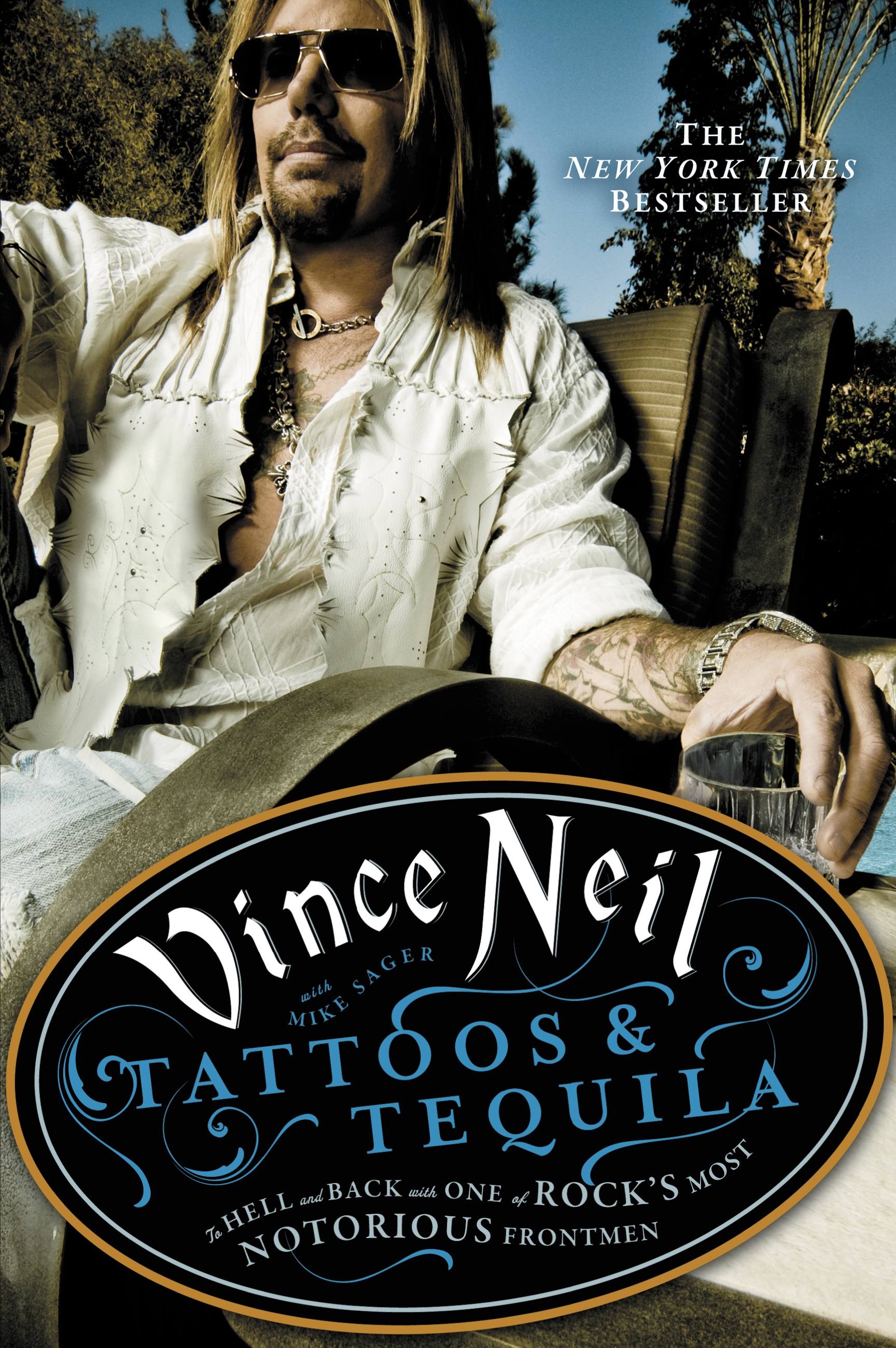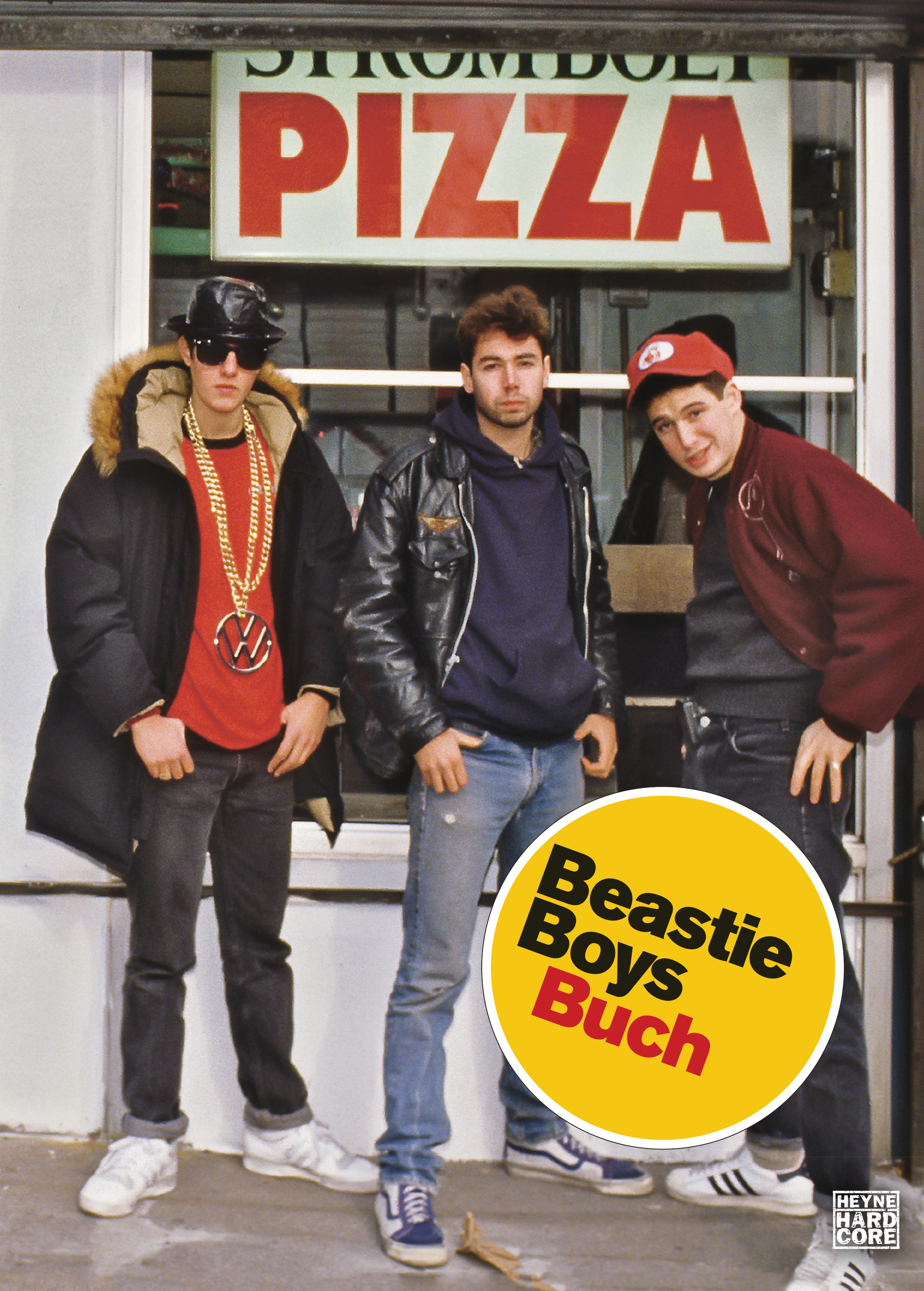DuranDuran
Proud Member
- Joined
- Aug 27, 2011
- Messages
- 12,883
- Points
- 113
It was both. But the juke joints (in which some were shacks and some were called "hole in the wall", etc.) were primarily in southern USA. The halls tended to be in the north, like the Apollo Theater in NYC. I don't know if you heard the story of how B.B. King named his guitar Lucille, he was playing in one of those juke joints in Twist Arkansas and some guys started fighting and they turned over a barrel that contained kerosene (or some kind of gas) that they has fire in to heat the building. The place caught on fire and everybody ran out. B.B. realized he forgot his guitar (he didn't have much money at the time) and ran back in the burning building to get it. He almost lost his life and later found out the 2 guys were fighting over a lady named Lucille that worked in the place. So he called his guitar that to remind himself to never do something like that again.barbee0715;4174879 said:^^Have you read this yet?? Is it any good? I picture the Chitlin' Circuit as old theatres in big cities (like the Orpheum Circuit)-not shacks-is this the origins of it and how it started?? I'd like to know the history.
(This cover reminds me of two stores in two towns in Oklahoma that we used to walk to when I was really little-we just called them "the little store"-I don't remember any whiskey or beer signs, but it's what we used as a convenience store and we got popsicles there.)
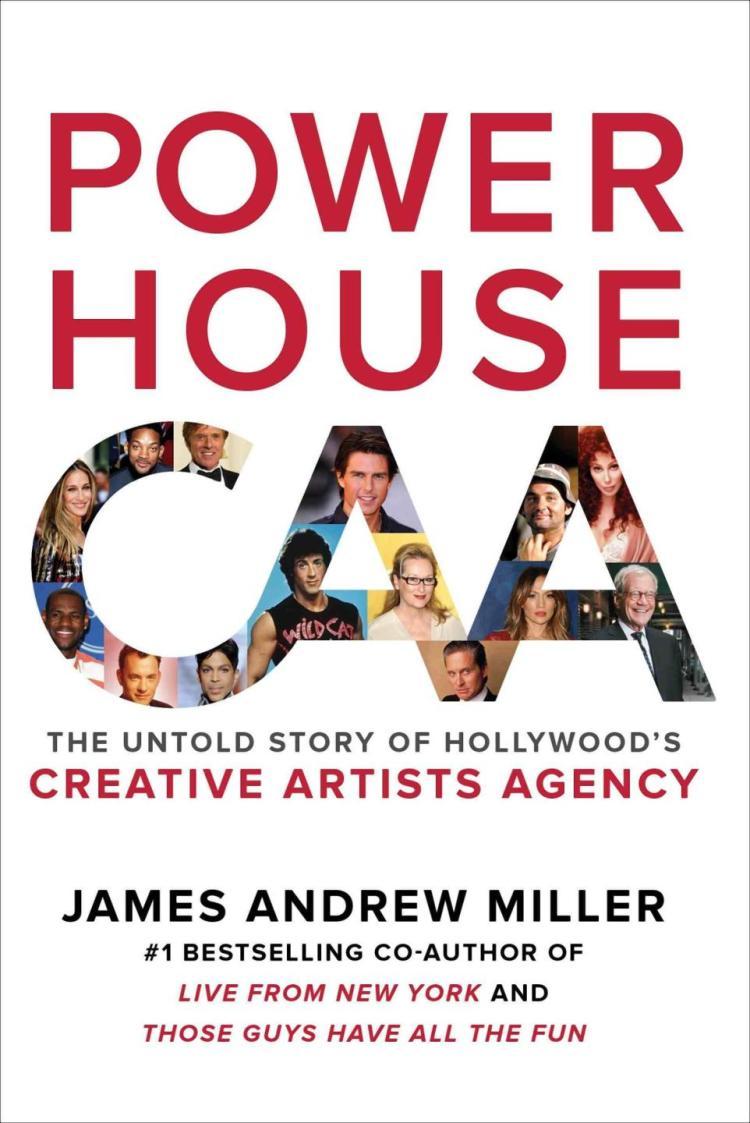

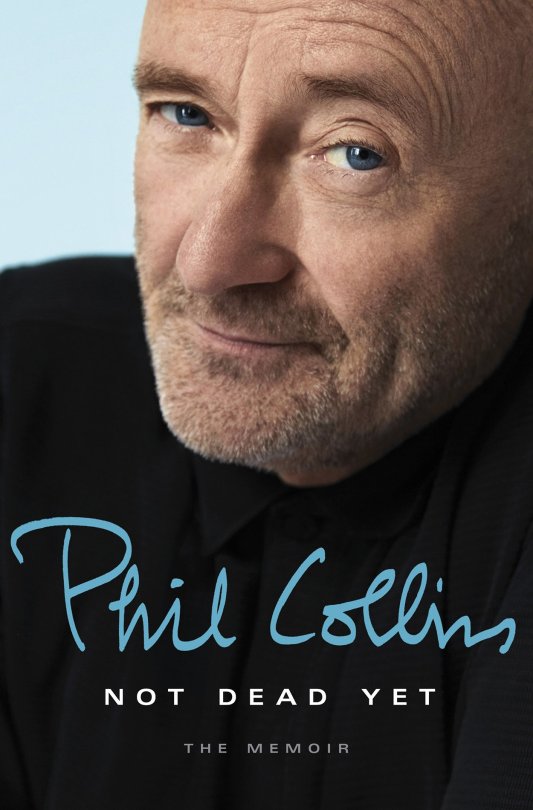
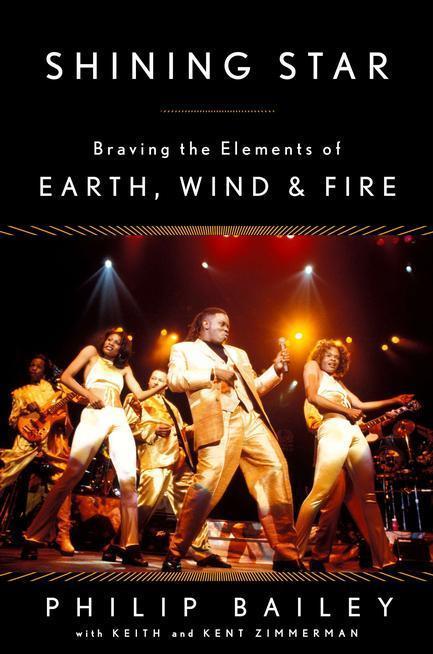
Im almost finished this. Seems ok but pinch of salt stuff. Much better than his MJ bookDiana Ross A Biography-by J. Randy Taraborrelli

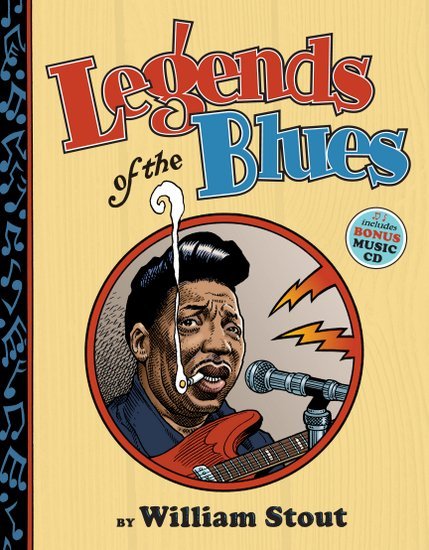
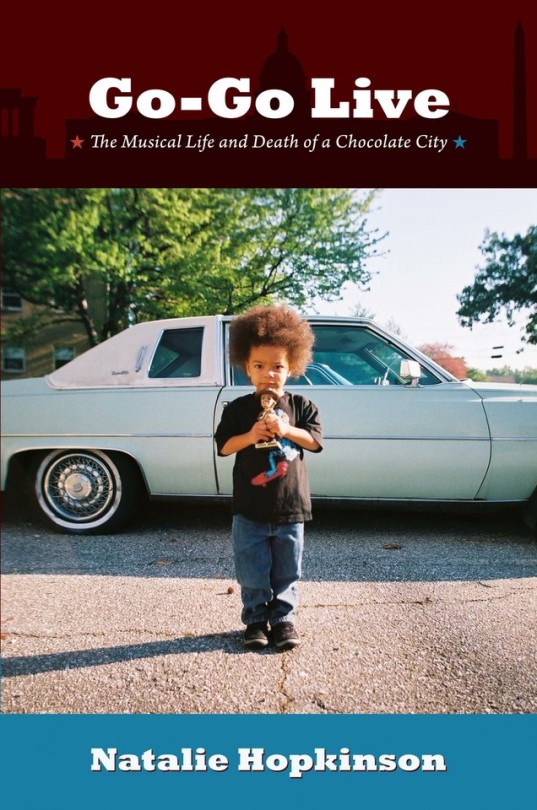
I'm reading it now actually.
I'm a huge fan of his so I'm loving it. I'm not too far in. I'll give a better review when I finish.
Great review. I agree that it is unfortunate that he skipped over the 'other band' years so quickly. I thought he did address his struggles with the clash between the characters in his songs and what his own life had become ("a rich man in a poor man's shirt"), and the difficulty of finding material to write about at that time nicely. With regards to not getting into certain topics because he does not want to hurt other people's feelings: it is unfortunate, but you can't really blame him. Info about tension within the band is out there already, in limited doses Mainly, it seems like Steve and Jon Landau did not get along, feelings were hurt when Bruce disbanded the band, and it took a while to fully resolve those when they came together again for the reunion tour (for instance, see Garry Tallent's comments in Peter Ames Carlin's Bruce bio). I get the sense all these guys have moved on from that now (as did Clarence and Danny before they passed) and value whatever time they have left together.Realise I never came back to give a review on this.
Absolutely loved reading it. I find usually with these books it's the artist's earlier days that fascinate me most but I found it quite slow and once Bruce gets to the point of getting his first recording deal it just sped right up and became much more engaging. He talks very frankly about his depression through the years but it's often what he leaves out that is most telling. Indeed in the final passages of the book he admits he has not told the full story for fear of offending those people it concerns. The book also has a tendency to lapse into a track by track 'review' of whatever album he made at the time and becomes a little fragmented, jumping forward and backwards to isolated events in his life. Tellingly he completely ignores his two critical and commercial failures from the early 90s, the albums Human Touch and Lucky Town - I was disappointed in this. He sort of alludes to them when discussing the album after this but he seems keen not to address them at all. Numerous times he tries to explain his position in terms of the E Street Band and their importance to him and how he sees himself as a solo artist, he talks often of the members coming to him for raises and such and telling them "no". I felt he struggled to really define his position and theirs - it had clearly led to tensions throughout the years that Bruce seemed eager to brush over. His relationship with his father is detailed throughout.
I have another book called Springsteen on Springsteen which collates various interviews Bruce did throughout his career and reprints them in full. I'd say it was worth reading both in an attempt to obtain a full picture of the man and his career.
My next music book is either going to be Johnny Cash's autobiography or Making Michael. But I have a number of other non-music books I'm looking at next.

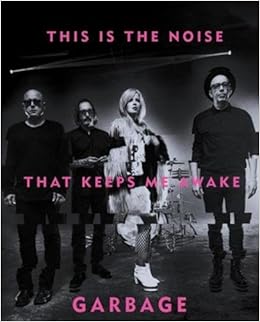

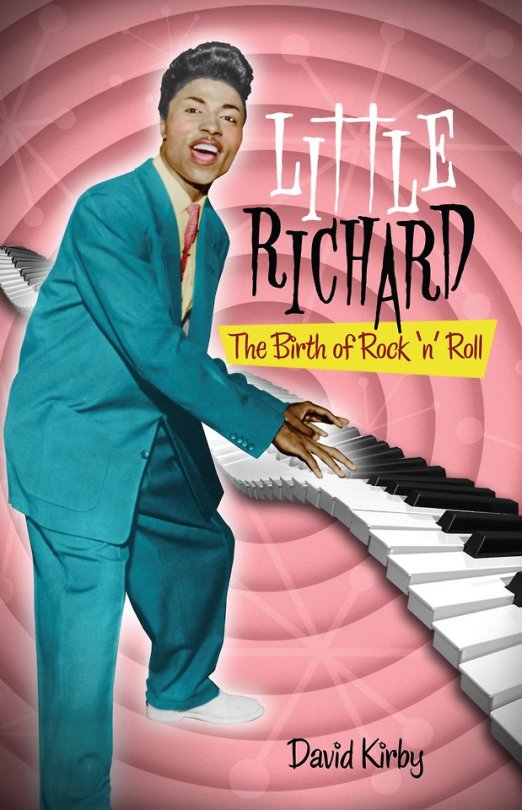
@DuranDuran You must have an amazing library.



Soul Train is becoming an original TV series starting in February on BET. Don't know if it's based on this book or not.
This book has lots of cool pics in it. Questlove doesn't appear to be that fond of the disco years though.
